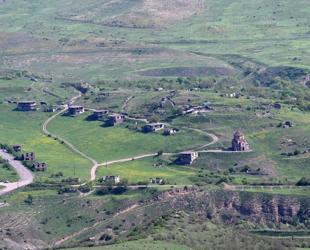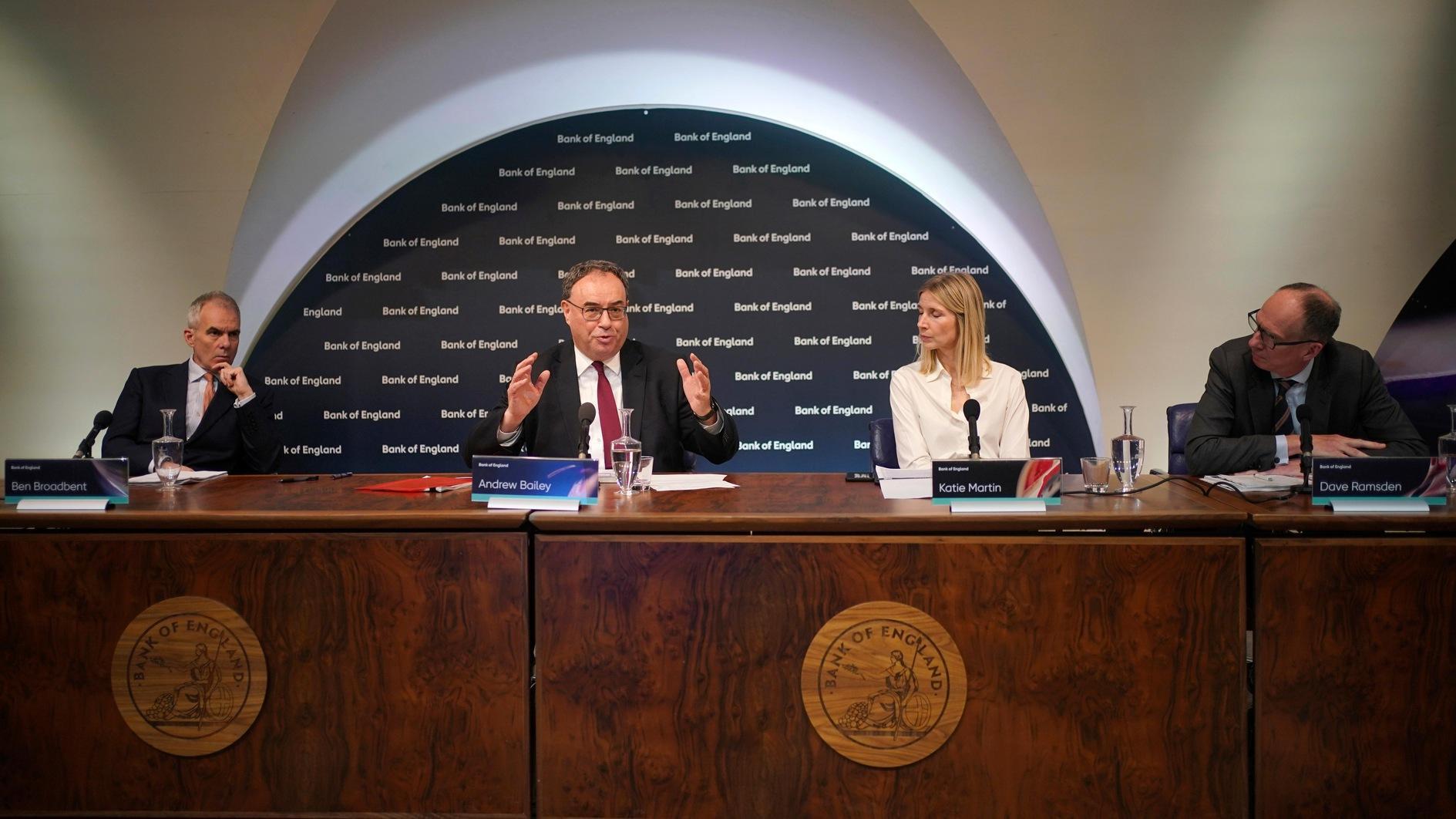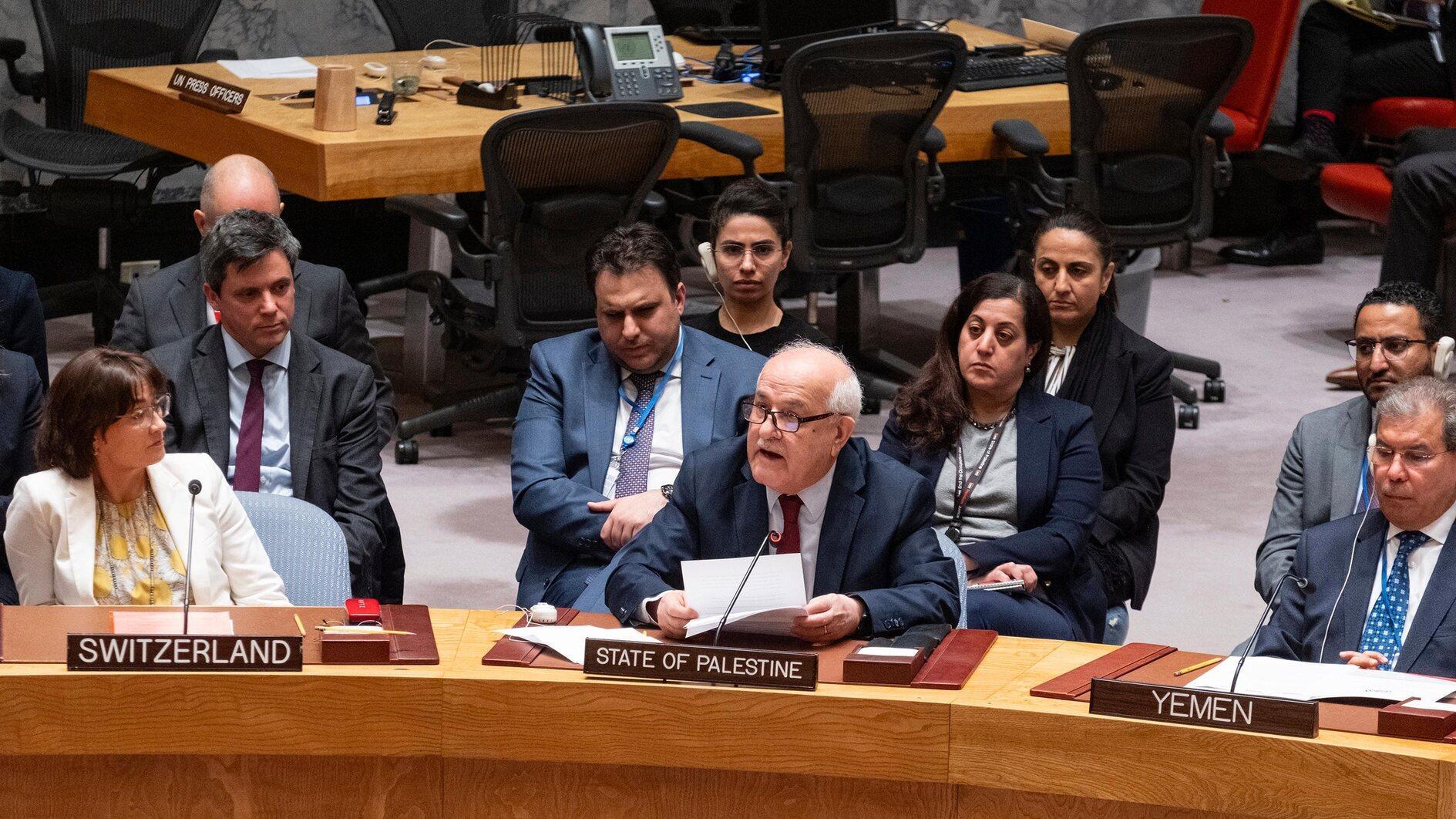The war of narratives
If you read the Turkish media these days, you will see that most newspapers passionately promote one of two completely opposite narratives. The first narrative is that the incumbent Justice and Development Party (AKP) is faced with a “coup effort,” against which all true democrats should unite.
The “coup” in question is the corruption probe that an Istanbul prosecutor launched on Dec. 17, 2013, against various AKP or pro-AKP figures. This is not a normal legal process, the narrative suggests, but a thinly veiled political attack against an elected government.
The second narrative is that the AKP is indeed a corrupt government, and is now using the “coup” narrative to hide this fact and discredit the corruption probe.
Not too surprisingly, most people believe in one of these narratives based on their pre-existing views and attitudes about the AKP. Those who favor the AKP for other reasons (including some liberals who support the government for its peace process with Kurdish militants) tend to accept the first narrative. Others who dislike the AKP for various reasons (including most members of the Gezi Park movement) tend to accept the second narrative.
If you are looking for truth, and only the truth, however, things get a bit complicated. Because both of the narratives have some convincing bases.
Let’s begin with the second one, which suggests that the government is using the “coup” argument only to cover its crimes. This, of course, makes a lot sense. It is also helped by the fact that the pro-AKP media ties this argument to the usual conspiracy theories that involve Israel and its lobby in the United States: It is just too typically Middle Eastern to discover a “Zionist plot” behind every domestic trouble. The fact the government has taken several steps to undermine the independence of the judiciary since Dec. 17 is also just too blunt to be ignored.
However, the first narrative has some merits as well. First of all, there are good reasons to believe that the prosecutors and police that launched the corruption probe are really members of the Fethullah Gülen movement, as is widely believed. (At the very least, it is so obvious that the media of the movement support them rigorously.) Moreover, it is obvious that the probe came right after the AKP government’s attempt to close down prep schools – a move that the movement considered as an attack on itself.
Based on such points, I do admit, and emphasize, that there seems to be a “subjective motivation” behind the corruption probe. It is also well possible that this subjective motivation aims not only at prosecuting corruption (which is a legal duty), but also impairing the AKP government on the eve of local elections (which is a political goal).
But should we dismiss an investigation when we conclude that its prosecutors are politically motivated? What if they have found factual evidence that seem to prove their accusations? Or should we suspect the evidence itself, arguing that those who unveiled them have a veiled agenda?
These are the burning questions that are being discussed by none of the warring sides, but should be meaningful to all impartial observers. Meanwhile, the bigger question, and the crisis, remains this:
What will Turkey do with such a tarnished image of the judiciary? How can the rule of law be established when almost nobody believes that the enforcers of the law are nonpartisan and fair people? There is no easy answer, and there is no easy exit from this disastrous, political civil war.











